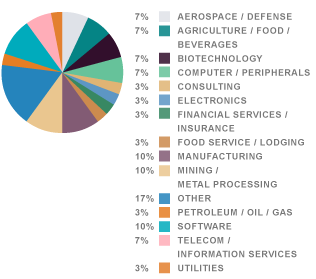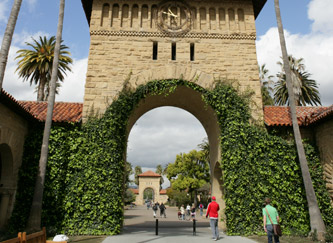Capital Structure, Agency Problems, and Market Signaling
Faculty identify the factors that must be considered in determining a firm's optimal capital structure and show how the market reacts to changes in that structure.
Construction of Financial Statements
This session focuses on the mapping between underlying economic events and financial statements, and on how this mapping affects inferences about future profitability and cash flows. In particular, students will examine the construction of financial statements from transaction information, realize that accounting involves trade-offs relating to basic concepts, and illustrate the importance of judgment in accounting and its potential effects on financial statements.
Stock-Based Compensation and Shareholders' Equity
The use of equity-based compensation as a vehicle for motivating and compensating employees is widespread, but has come under increasing criticism, with many observers arguing that the explosive growth in the use of stock options, in particular, was driven by the unusual accounting treatment accorded to them. Over the course of two sessions, we will examine the valuation of traded and employee stock options, the debate about the accounting for employee stock options, and the recent controversy regarding backdating. More broadly, we will use equity pay as a vehicle to understand some key accounting concepts related to shareholders' equity.








